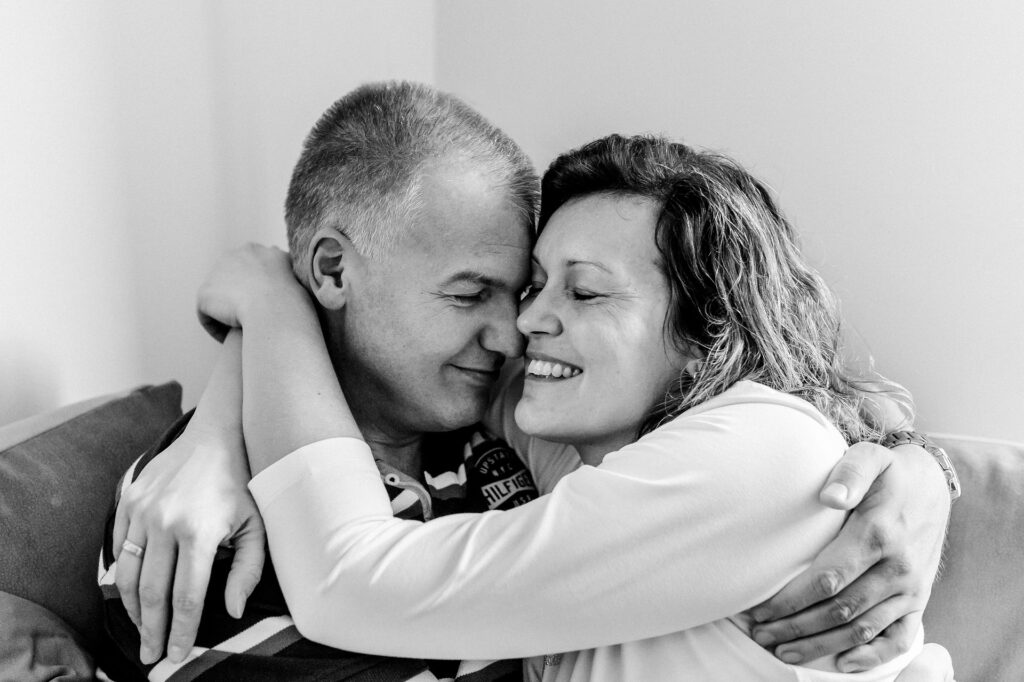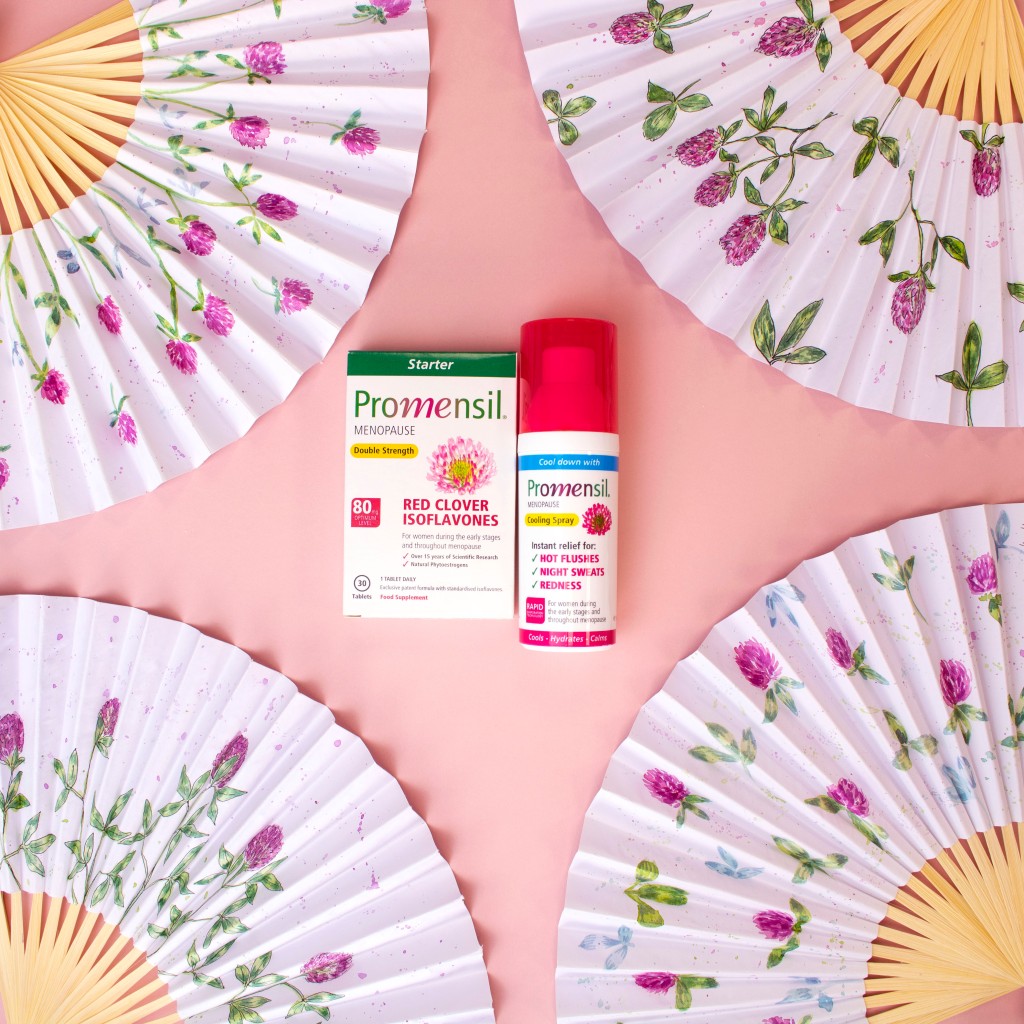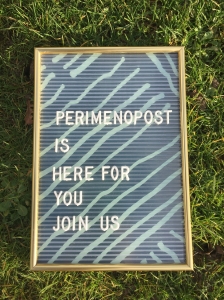
Progesterone sensitivity?
I for one, was not expecting this to happen to myself during lockdown.
A trip to A&E with regards to my hormones!!
It came all of a sudden and was a big shock which has really derailed me, physically and emotionally.
After trying various forms of HRT, last year I was fitted with a HRT implant. It appeared to be working, I had a feeling it had stopped working and was told it had not been working since November 2019.
I had taken a break from HRT to reset my body as advised by my Consultant. This was manageable, albeit with some minor symptoms. It was just before the time that lockdown arrived that my insomnia and various other menopause symptoms reappeared. It was agreed that I should start with some HRT again. A regime of patches and a new progesterone that I had not tried before called Provera.
I had been experiencing spotting since November 2019, which I had been relaying all my symptoms with my consultant,
I then started with HRT and all seemed well, I could feel some improvement.
I felt good and I could feel a difference to my overall wellbeing.
Everything appeared normal, the spotting had stopped. After taking the progesterone, there was no bleeding. I simply put this down to having had so much spotting of blood previously that there was going to be no bleed caused by the progesterone for the month of April 2020.
A week or so after taking Provera, I suddenly became very cold, I could not get warm and became white in colour. The following day I was extremely tired and feeling out of sorts, not myself, but I put this down to the current lockdown environment of being stuck at home and the stress affecting me.
I was awoken during the early hours of the following morning with the most excruciating pain along the right side of my body that radiated down my right leg. The pain came in a crescendo of waves and was making me feel physically sick. I immediately took strong painkillers to ease the pain. This took some time to work and I then felt ok to carry on with my day as usual.
By mid morning around 11am I was unable to stand, talk or think the pain again came in waves of incredible pain. I called my Doctor to ask what was happening to me? I had never experienced so much pain and the bleeding which had now started was becoming very heavy.
My Doctor arranged painkillers and medication to help me with the pain and bleeding. I was exhausted and weak, I could not think straight, concentrate or move around. I remained in bed for three days. I was totally bed ridden by this sudden traumatic pain and heavy bleeding.
After four days the bleeding subsided as did the pain and I was starting to feel somewhat better. Later that day during a phone call to a friend, I became very teary and emotional. Very sudden and unlike me? After our conversation ended I stood up from the floor and there in front of me was a puddle of blood on the floor. I had started to bleed and had soaked through my underwear, sanitary ware and clothes.
I immediately went to the bathroom to change, at this stage I passed a large clot which then put me into a state of shock. What was happening to me?
Thankfully my friend called be back to check in on me as it was very unlike me to get so teary. Once I told her what had happened she told me to call 111 straight away.
After talking to the Nurse during my phone call with 111 I was advised to go straight to my local A&E dept. I could not make sense of what was happening to me at all. I was coping ok the best that I could considering lockdown and in the midst of the pandemic. How could my hormones be doing this to me now?
I felt so dreadful that I knew I had to go to hospital to be checked over. It was a very strange journey as I was not sure if I was going to be kept in hospital, if I needed an operation if I would come out of hospital? What if I caught coronavirus? How could my body be doing this to me at this time.
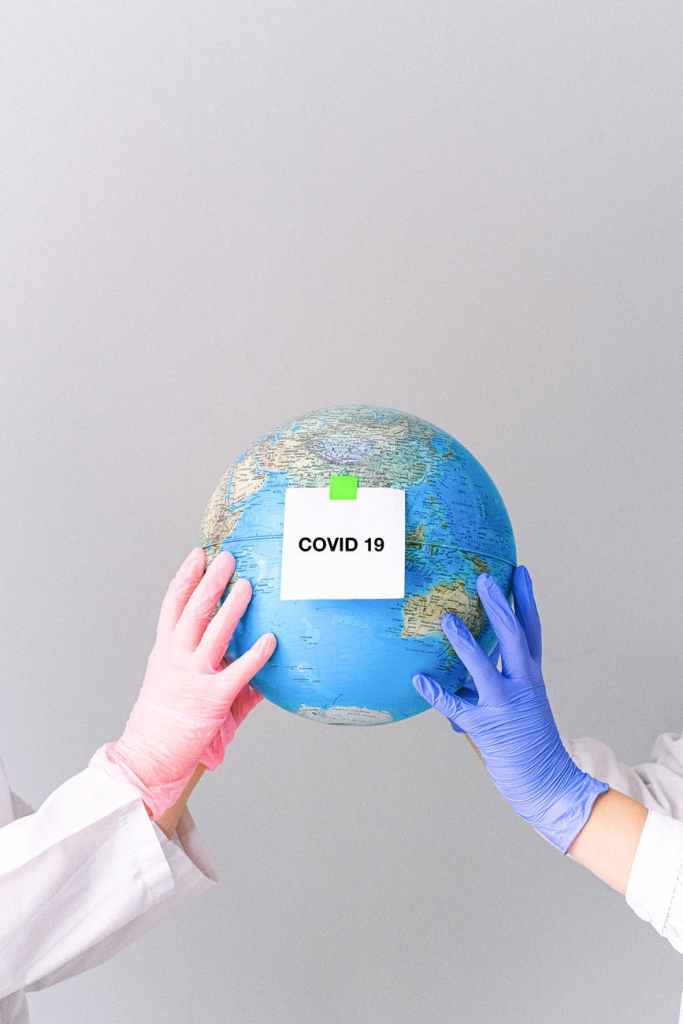
You can only enter A&E on your own currently because of covid-19.
I was feeling so weak and very unwell that I felt I needed someone with me, I was treated very professionally and with care from the health care professionals.
My blood was taken and tested, I was asked if I was pregnant!
To be pretty sure this was not on my radar!
I had a stern talking with myself during my journey to the hospital, that if I needed to have an operation that night, then so be it.
My blood count and blood tests came back ok, I was not allowed to be admitted to hospital because of Covid-19. I was told that the HRT implant had made my womb lining very thick and that I was possibly sensitive to progesterone.
I was relieved to be leaving hospital and I just wanted to be rid of the heavy bleeding and just to feel better again.
I felt that my body had really let me down and I still have no idea as to why it has decided to do this now especially during corona virus.
I was then actually terrified of taking any more tablets/HRT to ease the bleeding. I had to take it to help me feel better. It has made me feel better.
I do not know where my menopause journey will now take me, whether it will be a mirena coil or a hysterectomy. I had never heard of progesterone sensitivity before and do not know how it is treated for women and I wanted to share my story with you and to raise more awareness for women about this symptom.
I will keep you updated of my journey and share with you my findings and information if you suffer from progesterone sensitivity also.
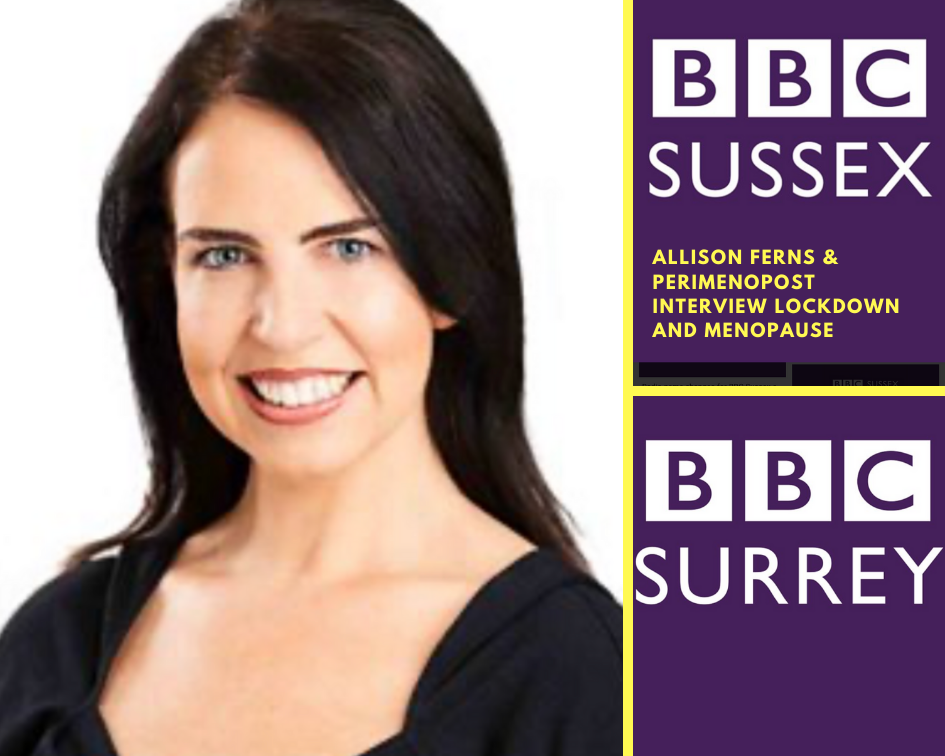
Talking to BBC Radio Sussex & Surrey with Allison Ferns radio presenter – Lockdown and managing perimenopause/menopause symptoms.
I was asked to join Allison Ferns to talk about managing perimenopause and menopause symptoms during lockdown. Allison and the team made me feel very welcome and it was good fun to join in the conversation, helping to make a difference to listeners.
You can listen in to the interview on BBC Sounds now before it disappears on there, or you can read the transcript from the interview below and on our website https://perimenopost.com/
The advice I gave to the audience and to yourselves also ;
Aim to get outside in the fresh air each day for 20/30 minutes to get some vit D, exercise is good for your mood, bone health and wellbeing.
Keeping socially distant at all times.
A healthy diet, try to be mindful of what you are eating. No cakes and sweets as much as they are tempting, avoid! Eat plenty of green vegetables, fruit and lean meat. Drink plenty of water, keep hydrated. Avoid alcohol too if you are experiencing anxiety or insomnia symptoms, alcohol will add to this during your sleep. Try to limit alcohol to once or twice during the weekend?
Keep a journal of your symptoms, a diary of how you are feeling and the duration of symptoms.
I mentioned a symptom chart and tracker that is available from https://perimenopost.com/ to download for free.
This will help you to keep a track of your symptoms during lockdown, you will be able to use this tracker to help you to discuss with your GP/HCP to plan your course of treatment and to monitor how you are feeling.
Lockdown has thrown us all into a busier lifestyle with a full household, adults working from home, home schooling, a much longer day with no privacy.
Before lockdown you maybe managed your menopause symptoms by choosing to exercise each day, meet friends for support, alternative remedies such as yoga/acupuncture/aromatherapy to help aid your symptoms.
You now find yourself in a place where everything is intensified, that also includes your menopause symptoms. Be honest with your partner and children tell them if you are experiencing symptoms and that you need some space, ask them to help you around the home if it is all overwhelming. Try and incorporate into your day some quiet time for you to rest, recharge and practice self care. If your symptoms are affecting you seriously do not suffer in silence, contact your GP/Doctor there is help out there, as I have stated above personally with my recent trip to A&E.
Call 111, your GP or contact your Consultant by email. Doctors can make contact with you via zoom/video calls there is help out there.
I would like to say a big thank you to Allison Ferns, the producer of the afternoon show and all the team for a great time talking to your listeners.
Below is a link to the transcript of the radio interview with Allison and myself.
7/5/2020 – BBC Radio Sussex/Surrey Afternoons show.perimenopost-bbc-radio-sussex-surrey-7-5-20-2-1Download
DOWNLOAD YOUR FREE 34 MENOPAUSE SYMTPOM TRACKER TODAY
https://perimenopost.com/
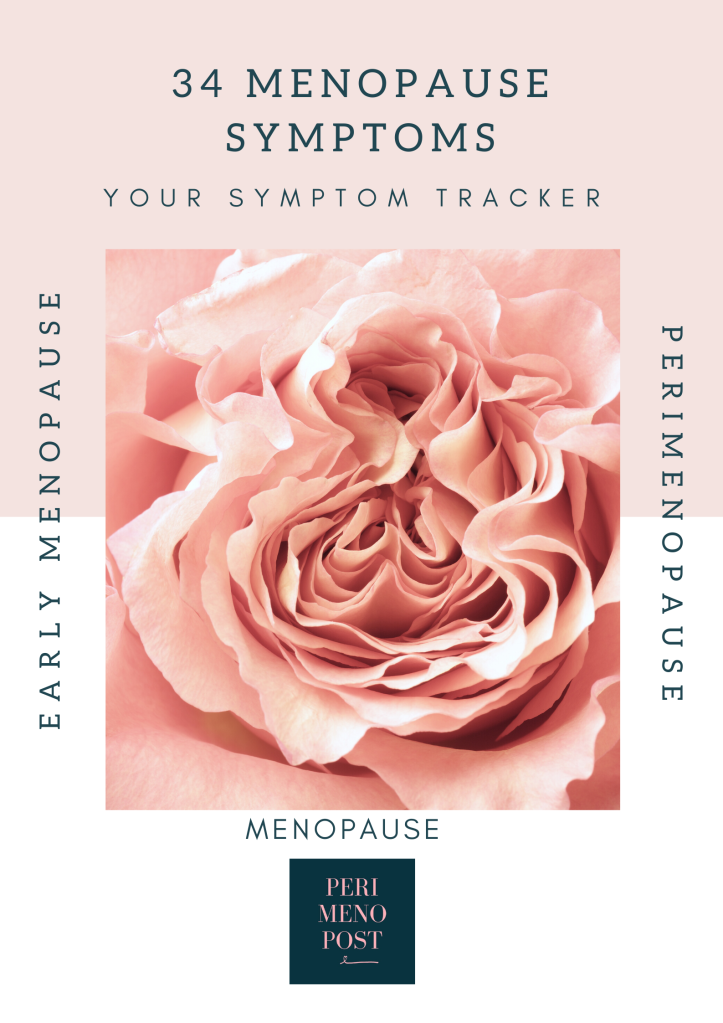
Download your free 34 menopause symptom chart and tracker today, to help you keep a journal of your perimenopause or menopause symptoms during lockdown. https://perimenopost.com/

This one came as a bit of a shock!!
I’m not preaching that I’m a 100% confident person, but then is everybody that confident?
Yes, I have experienced nerves just like you all and the whole population. Taking my Driving test, going to interviews, personal life events, even starting this blog! You can learn from them and cope with it as best as you can at that time.
But this symptom literally hit me like a bolt from the blue, it came with no warning and no trigger. At first, I thought I was having a stroke or a heart attack, the mind already going into overdrive! Thankfully, I now know this was not the case, it was just our old friend, anxiety.
It can come to strike, well for me, at any given moment. It then floors you at that time and leaves you feeling, a sense of panic and paralysis of one’s actions for that moment. I was fortunate that my Consultant explained that anxiety is a very common symptom during the menopause and if you were lucky to have not had this before, you may well experience at this stage of your life.

Seek medical help if you are feeling that you cannot cope and if this symptom is affecting your quality of life, there is help. @westkentmind @mindcharity @menopausesupport @menopause_doctor Or talk to your Gp.
For myself, I found if I counted to ten immediately and took deep breaths it helped to ease the feeling. I gave myself a mantra too, some positive self-talk!
“you can do this – it will all be ok, it will go as soon as it came”
Give it a try ! it works for me.
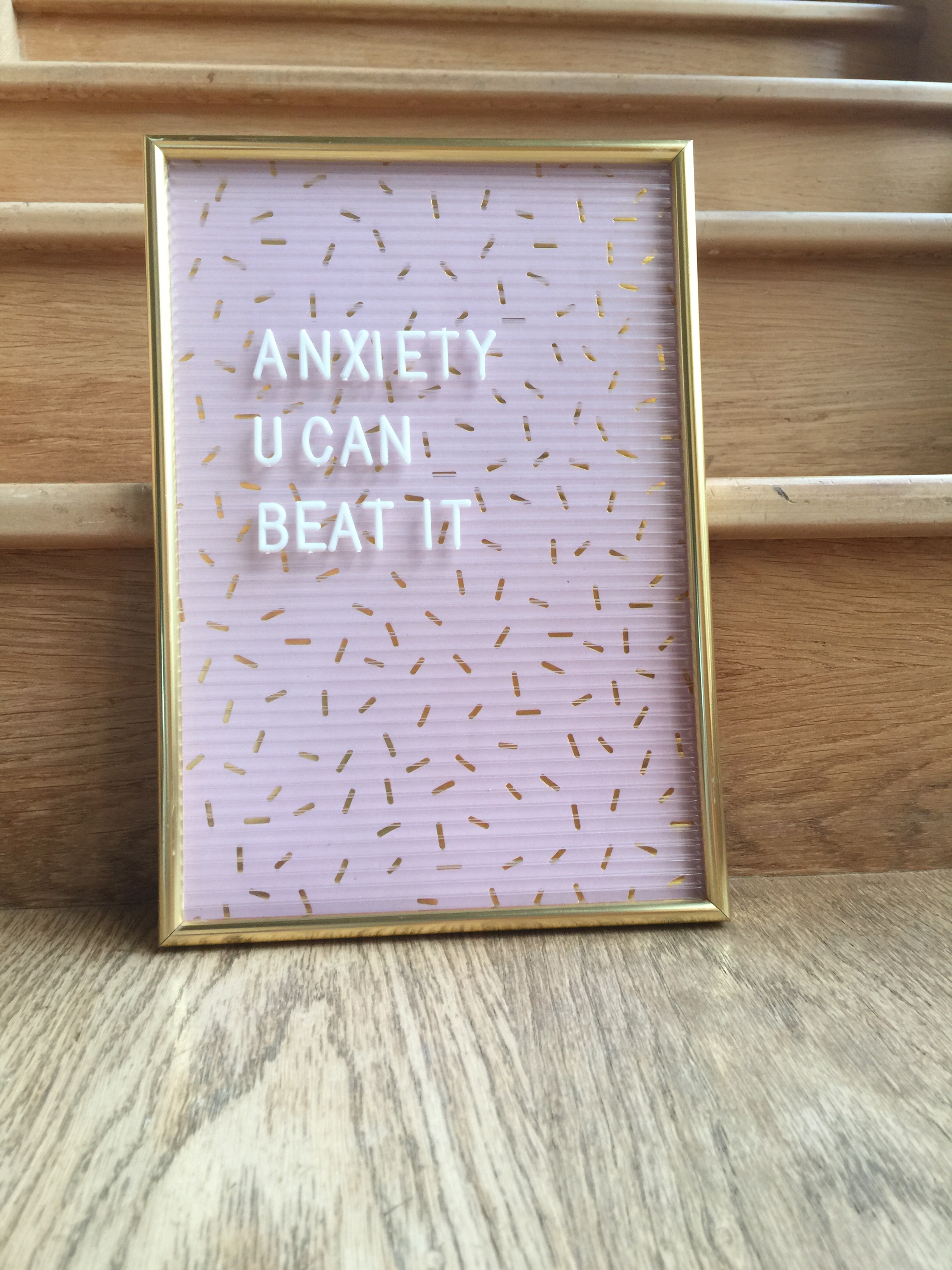
Self-care is important and support around you is vital, surround yourself with kind, fun people who have your best interest at heart. Call a friend, go for a walk, find your happy place, exercise, lose yourself in a good book, maybe try an online mindfulness class, a new hobby you are keen to try. Keeping socially distant.
Shoutout to the women who fix another woman’s crown without telling the world it was crooked.
@thegoodquote
Try to not think it too much, keep yourself busy and distracted. It is just what your body is going through and if you need some help, talk to someone and as they say, a problem shared is a problem halved.
Let’s support one another, women to women, as we are all either going through or will be going through this stage of our lives at some point.
@megsmenopause website has a wealth of information detailing the menopause, I have found her site to be a personal lifesaver!
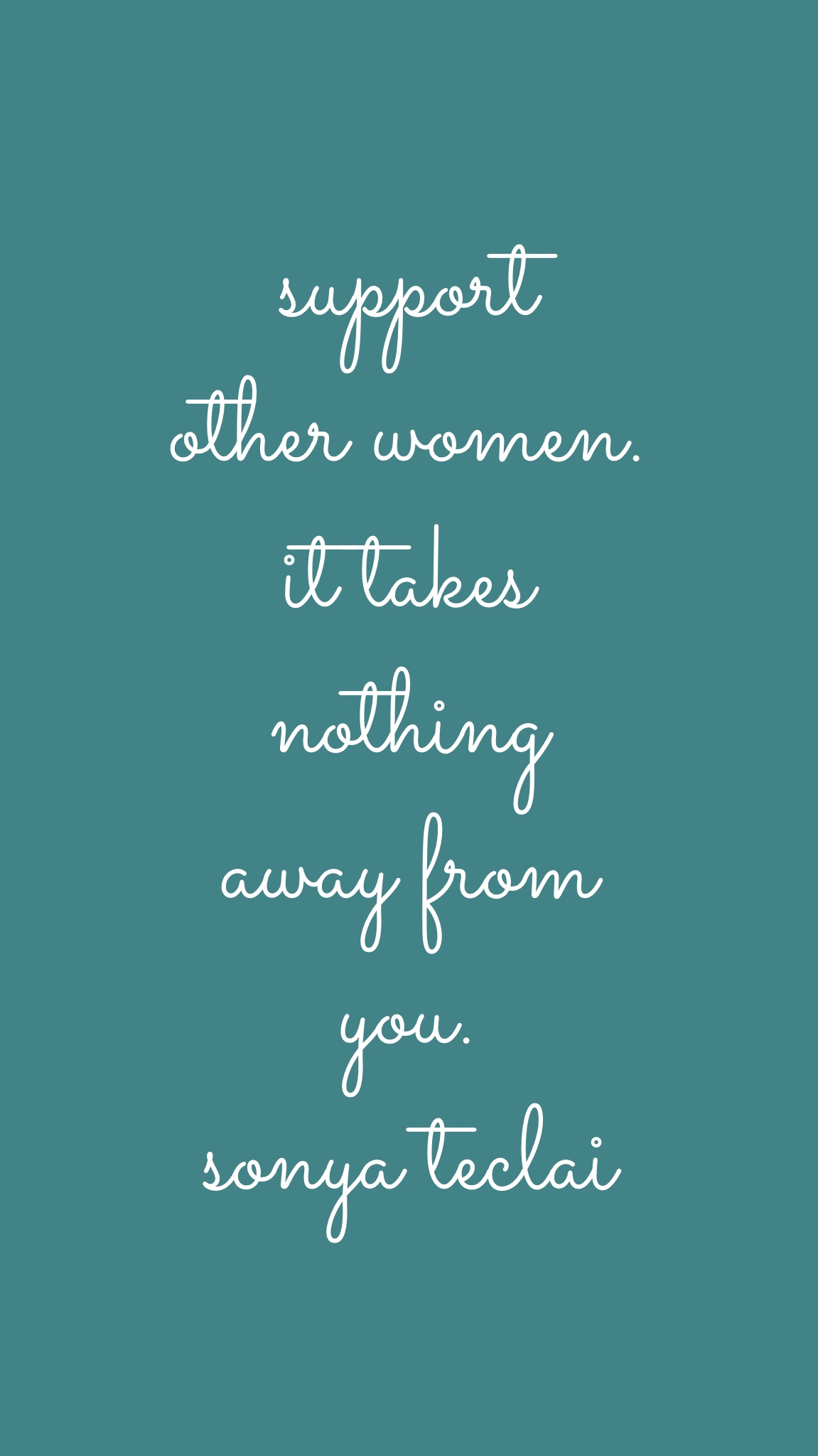
Have you listened to PeriMenoPost Podcasts during lockdown?

Have you listened to our podcasts?
Season one, currently published episode 6. Talking to Rebecca Smith, Editor and Founder of Goldie Magazine, an online digital magazine. We discuss life, lockdown, fabulously simple solutions during lockdown. Rebecca also shares her own personal journey with menopause and raises awareness for post menopause with her infectious energy and positivity!! Instagram @goldie-magazine
https://anchor.fm/dashboard/episode/ebl6qm
Ep 1 Sam Palmer @MidlifeMakeover
Ep 2 Sue Blair @change_n_thrive
Ep 3 Petra Coveney @menopause_yoga
Ep 4 Nicky Phillips @Niix.fit
Ep 5 Naomi Murray @botanica_health
Ep 6 Rebecca Smith @goldie-magazine
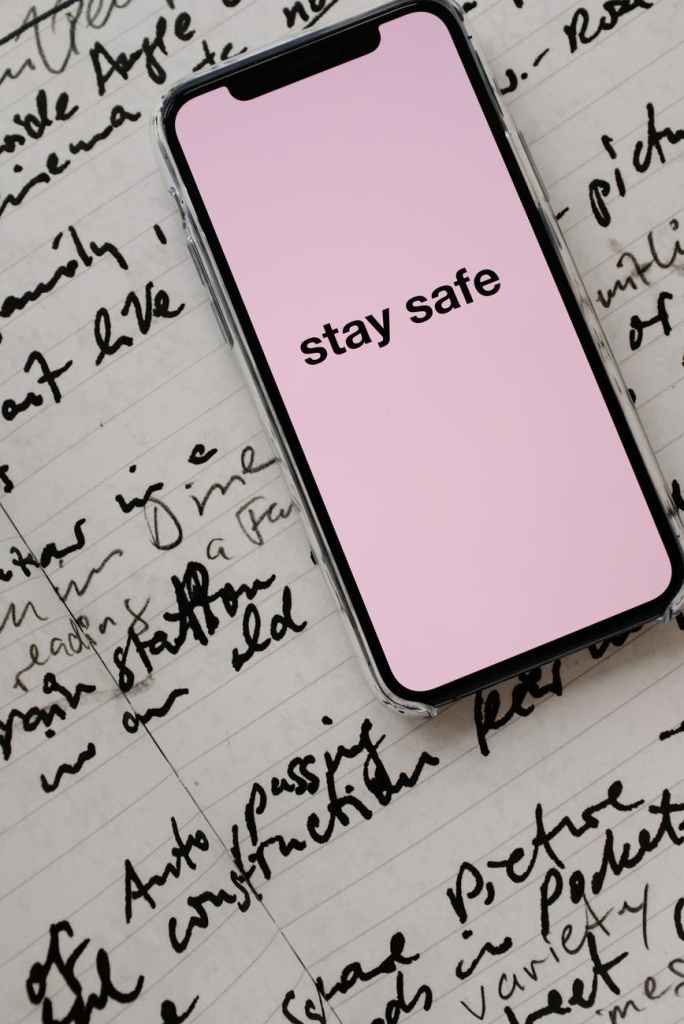
Stay safe, connect with one another via technology and be kind to yourselves.

Have a great week Menos.Advertisements
Occasionally, some of your visitors may see an advertisement here,
as well as a Privacy & Cookies banner at the bottom of the page.
You can hide ads completely by upgrading to one of our paid plans.
Share this:
Related
MENopause – Men how much do you know about perimenopause or menopause?In “Uncategorized”
Trial and error – have you tweaked your HRT?In “Uncategorized”
International Women’s Day 2020 Say it loud and proud – MenopauseIn “Uncategorized”Posted byperimenopostPosted inUncategorizedEditProgesterone sensitive?Lockdown and managing menopause – interview with BBC Radio Sussex/Surrey.
Published by perimenopost
PeriMenoPost is a campaign to break down the taboo of talking all things Menopause. View more posts
Post navigation
Previous PostPrevious post:
Terms and Conditions – Perimenopost and niix.fitNext PostNext post:
MENopause – Men how much do you know about perimenopause or menopause?




